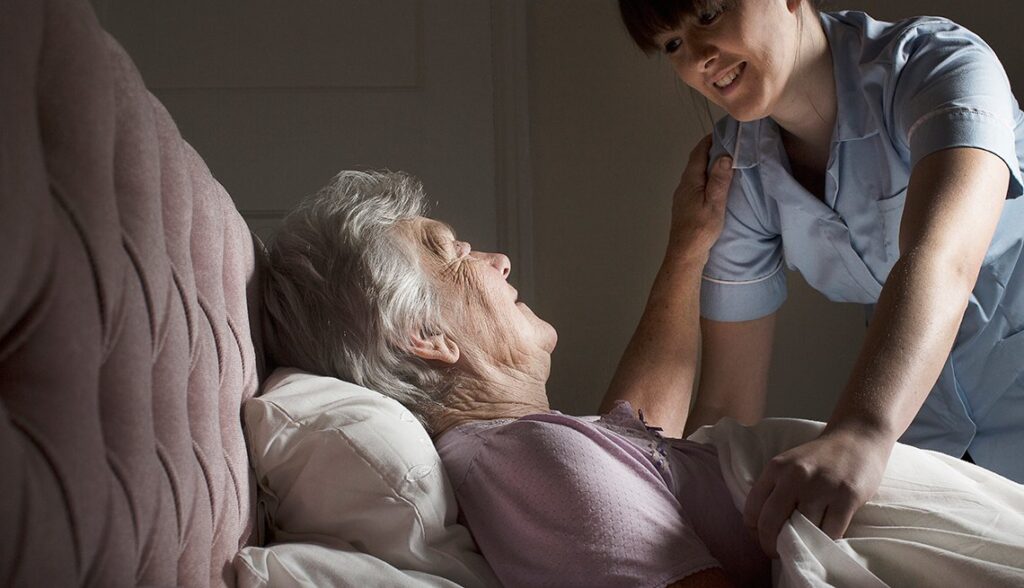Sundowners is a term used to describe a particular set of symptoms that often occur in older adults, particularly those with dementia or Alzheimer’s disease. These symptoms typically manifest in the late afternoon or early evening, and can include confusion, agitation, anxiety, and even aggression. While the exact cause of sundowners is not well understood, it is believed to be related to changes in the circadian rhythms of the body, as well as changes in the brain’s ability to process light and dark.
Symptoms of Sundowners
The symptoms of sundowners can vary widely from person to person, but some of the most common include:
Confusion: Many people with sundowners experience confusion and disorientation, particularly in the late afternoon or early evening. This can include difficulty remembering where they are, who they are with, or what they are supposed to be doing.
Agitation: Many people with sundowners become agitated and restless, and may pace or wander around aimlessly. They may also become more vocal, and may start shouting or crying out.
Anxiety: Sundowners can also cause a great deal of anxiety, and many people with this condition may become extremely anxious or fearful in the late afternoon or early evening.
Aggression: Some people with sundowners may become more aggressive or combative, and may lash out at others or become physically violent.
Sleep disturbances: Sundowners can also cause sleep disturbances, and many people with this condition may have trouble falling asleep or staying asleep.
Treatment for Sundowners
While there is no cure for sundowners, there are a number of treatment options that can help to manage the symptoms and improve quality of life for those who suffer from this condition. Some of the most effective treatment options include:
Medications: There are a number of medications that can help to manage the symptoms of sundowners, including antipsychotics, antidepressants, and benzodiazepines. These medications can help to reduce confusion, agitation, and anxiety, and may also help to improve sleep.
Light therapy: Light therapy can be an effective treatment for sundowners, as it can help to regulate the circadian rhythms of the body. This may involve exposing the person to bright light in the morning and early afternoon, and dimming the lights in the evening.
Occupational therapy: Occupational therapy can also be an effective treatment for sundowners, as it can help to keep the person engaged and active during the day. This may include activities such as knitting, painting, or gardening.
Music therapy: Music therapy can be an effective treatment for sundowners, as it can help to reduce agitation and anxiety. This may involve listening to soothing music or playing an instrument.
Behavioral therapy: Behavioral therapy can be an effective treatment for sundowners, as it can help to teach the person new ways of coping with the symptoms. This may involve teaching the person relaxation techniques, such as deep breathing or meditation.
Support groups: Support groups can be an effective treatment for sundowners, as they can provide a sense of community and belonging for people with this condition.
Conclusion
Sundowners is a condition that affects many older adults, particularly those with dementia or Alzheimer’s disease. The symptoms of sundowners can include confusion, agitation, anxiety, and even aggression, and can be particularly distressing for both the person with the condition and their loved ones. However, there are a number of treatment options that can help to manage the symptoms of sundowners and improve quality of life for those who suffer from this condition. These include medications, light therapy, occupational therapy, music therapy, behavioral therapy, and support groups.

 Home
Home Health
Health Diet & Nutrition
Diet & Nutrition Living Well
Living Well More
More












